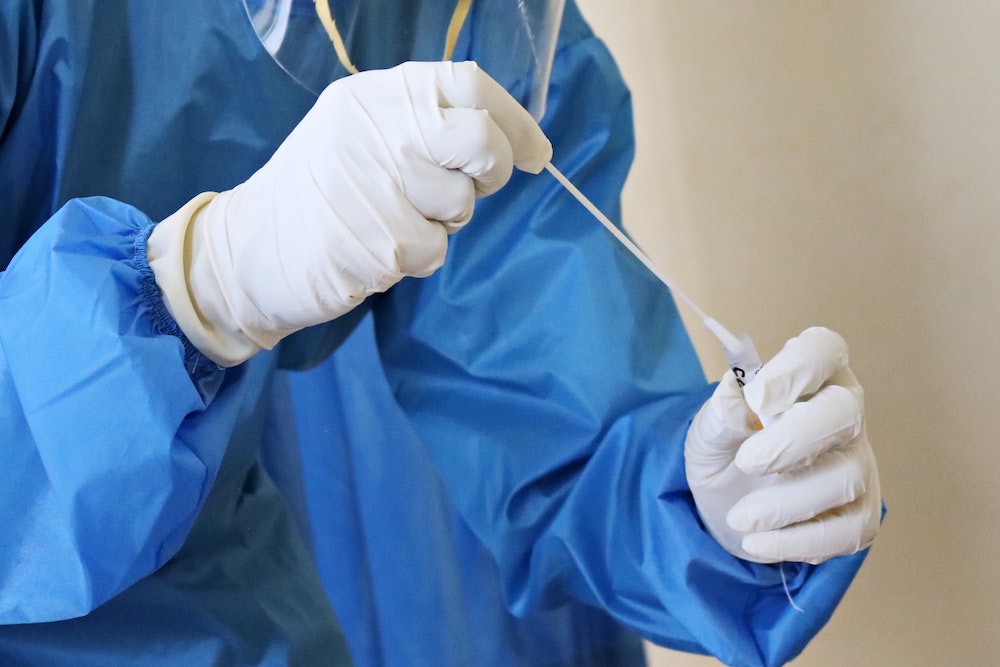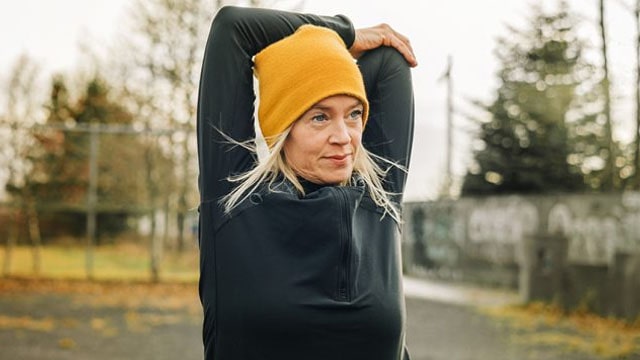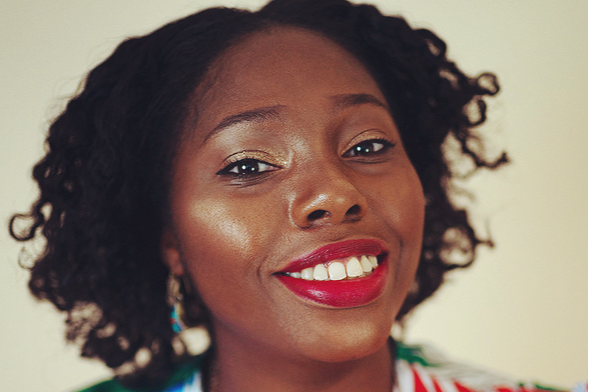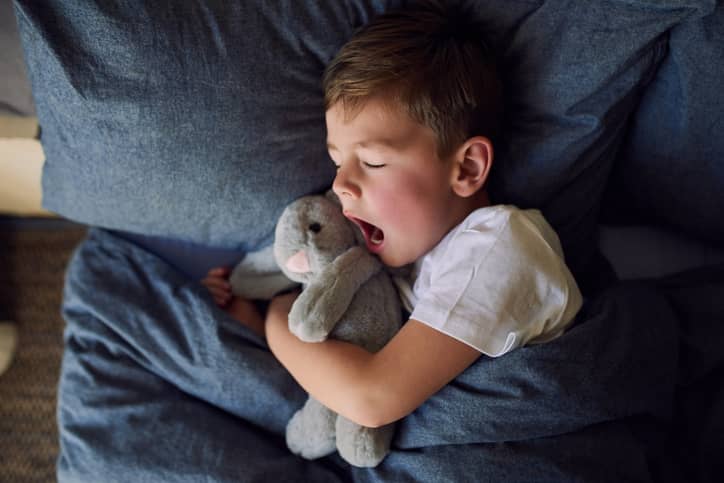Holi is one of the most celebrated festivals in India across cultures. Traditionally, friends, families and neighbours all come together in large groups to participate in Holi festivities.
But with India facing a surge in coronavirus cases, government officials and health experts are advising people to take extra steps and keep Holi 2021 celebrations low-key.
What is Holi and when it is happening in 2021?
Also known as the Festival of Colours – there’s usually a lot of colourful powder and coloured water involved in celebrations – Holi marks the start of spring in India, and what will hopefully be a good harvest season.
Holi is celebrated across a night (the eve of Holi, known as Holika Dahan or Choti Holi) and a day (called Holi).
This year, Holi festivities take place from 28 to 29 March.
COVID-19 measures to take while celebrating Holi this year
Holi is a community festival that’s traditionally celebrated in large groups of people. Because of how easily coronavirus spreads from person to person, such gatherings are best avoided.
If you choose to celebrate Holi this year with your immediate family or small group of friends, here are some steps you should take to prevent the spread of coronavirus:
- check local guidelines on attending events
- if you feel unwell, stay at home
- keep at least a metre between yourself and other people – you should stay further away when you’re indoors
- wear a mask when you’re around other people, especially if you can’t stay at least a metre from them
- try to avoid places that are enclosed, crowded or involve close contact
- if you’re meeting people, meet them outside – outdoor gatherings are safer than indoor ones
- if you can’t avoid indoor places, open a window and wear a mask
- regularly wash your hands with soap and water or use hand sanitiser
- try not to touch your eyes, nose and mouth
- remember to cover your mouth and nose when you cough or sneeze – use your elbow or a tissue, then throw away the tissue and wash your hands
- clean and disinfect surfaces often, especially ones that people regularly touch
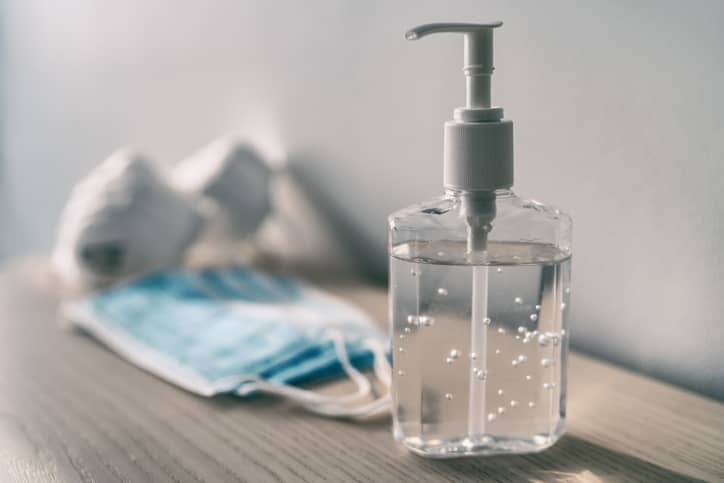
Key points
- a surge in coronavirus cases in India means Holi celebrations need to be smaller and more low-key this year
- check local guidelines on attending events
- if you feel unwell, stay at home
- keep at least a metre between yourself and other people
- wear a mask when you’re around other people
- regularly wash your hands with soap and water or use hand sanitiser

